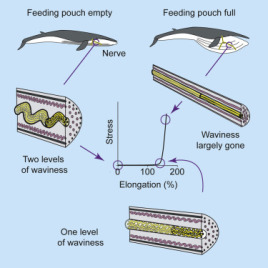Previous research has demonstrated that the brain’s reward circuits play an important role in addictive tendencies. But researchers are still honing in on the exact link between neurophysiological mechanisms responsible for reward-motivated behavior and problematic behavior such as drug use. A new study found that a young teen’s brain activity in a reward-driven task performance can be a strong predictor of future problematic behavior. Researchers asked a group of 144 14-year-olds to perform a task, upon the completion of which they were promised a monetary reward. The teens’ brain activity was studied using fMRI. Researchers found that teens with reduced neural activity in areas associated with motivation during the task were more likely to develop problematic drug habits at age 16.
Authors:
Christian Büchel, Jan Peters, Tobias Banaschewski, Arun L. W. Bokde, Uli Bromberg, Patricia J. Conrod, Herta Flor, Dimitri Papadopoulos, Hugh Garavan, Penny Gowland, Andreas Heinz, Henrik Walter, Bernd Ittermann, Karl Mann, Jean-Luc Martinot, Marie-Laure Paillère-Martinot, Frauke Nees, Tomas Paus, Zdenka Pausova, Luise Poustka, Marcella Rietschel, Trevor W. Robbins, Michael N. Smolka, Juergen Gallinat, Gunter Schumann, Brian Knutson & the IMAGEN consortium
Canadian authors:
Tomas Paus, Montreal Neurological Institute, McGill University, Montreal, QC; Zdenka Pausova, The Hospital for Sick Children, University of Toronto, ON, & et al.
Original paper published in Nature Communications on February 21, 2017.
